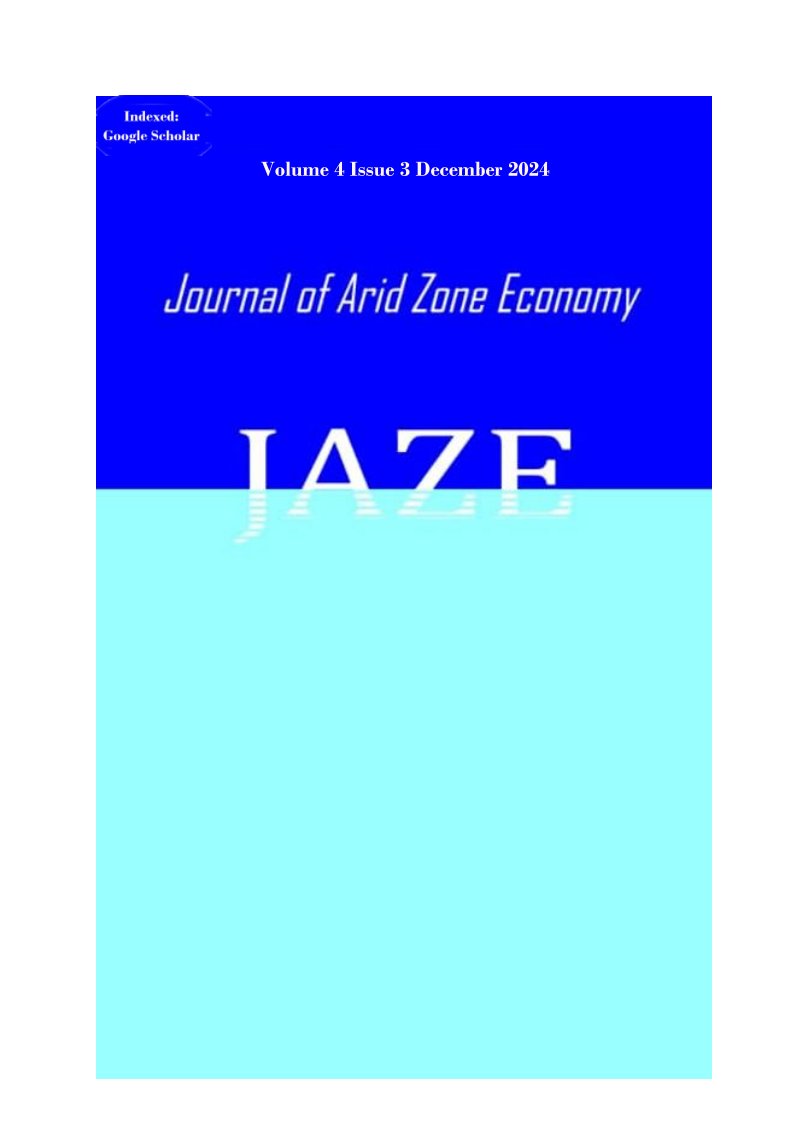Land Suitability Assessment for Sustainable Vegetables Production in Kumbotso Local Government Area of Kano State, Nigeria
Keywords:
Suitability classes, Pedogenic horizon, Simple Limitation Method, Rabia Square-root Method, Khiddir methodAbstract
The study was carried out in an irrigation site of Kumbotso Local
Government Area of Kano State, with the aim to assess the suitability of
soils for vegetables production (Tomato, Onion and Cabbage). Three soil
units were identified, and three profiles were sunk in each of the unit. The
profiles were described according USDA soil survey manual, and soil
samples were collected from pedogenic horizons. The soil samples were
analyzed for various physical and chemical properties following the
standard procedures. The soil fertility of the areas was low and bulk
density ranges from moderate to high which may affect onion production.
All the soil units are suitable for production of tomato and cabbage crops,
except soil units 4, 5 and 6 which are not suitable for any crop across all
the methods, while simple limitation and Khiddir methods classified all
the soil units as not suitable for onion production. The suitability of soils
for vegetable production increases from SLM to Rabia squire root
method, with Khiddir showing poor performance. Rabia method
performed better than any method followed by Khiddir and SLM for
tomato and cabbage production, additionally, in terms of onion
evaluation, Rabia method is also the best followed by Storie, and SML.
The major advantage of employing various suitability evaluation methods
may assist farmers to make wide range of choices with respect of crops
to be grown in the land.

Downloads
Published
Issue
Section
License
Copyright (c) 2024 Journal of Arid Zone Economy

This work is licensed under a Creative Commons Attribution 4.0 International License.

